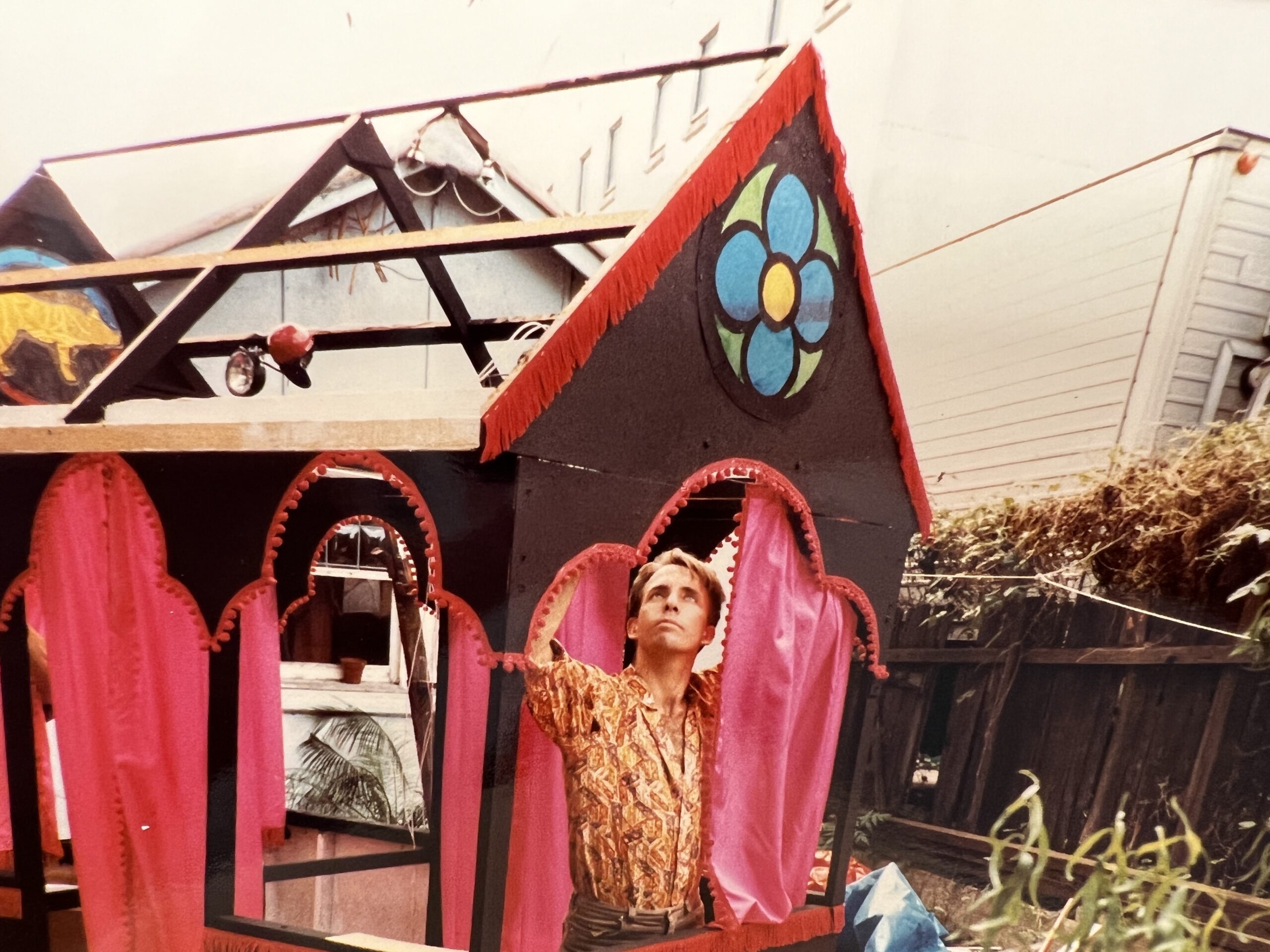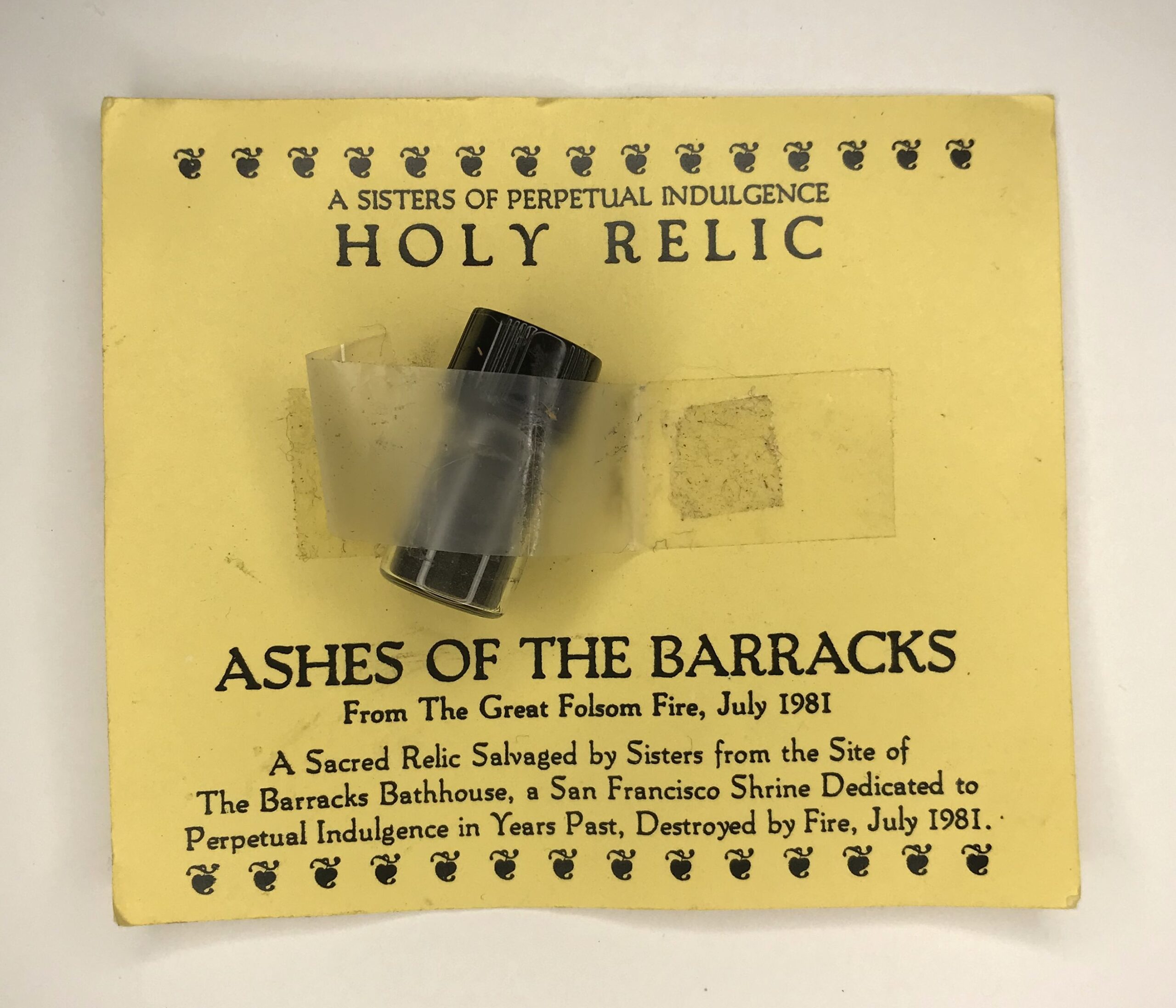The College of Arts and Humanities, University College Dublin, Ireland, is pleased to announce a generously funded Ph.D. studentship specialising in Early medieval political and/or intellectual culture (c.500-c.1000 CE) which will be supervised by Dr Megan Welton, Assistant Professor in Medieval History and recently appointed Ad Astra Fellow at the School of History (https://people.ucd.ie/megan.welton).
Deadline: 4 November 2024 by email to megan.welton@ucd.ie.
The studentships are open to EU and non-EU candidates and are for a maximum of four years, renewable each year, subject to satisfactory progress. The award includes full tuition fee waiver, a PhD stipend of €25,000 per annum, and €4,000 per annum towards research costs of the Ph.D. We anticipate that the successful candidate will start in January 2025.
Please submit the following application materials by email:
- Personal statement and CV as one document
- Writing sample (e.g. an essay or section of MA dissertation)
- Two academic references
- A proposal (1000-1500 words plus indicative bibliography).
The Selection Panel will shortlist candidates for interview, likely to take place in the last week of November. Successful applicants will be informed by email.
For the application procedure please see the relevant school guidelines below. The outcome of this competition will be communicated directly to all applicants.
Specialisation: Early medieval political and/or intellectual culture (c.500-c.1000 CE)
Proposals for a Ph.D. project in the history of early medieval politics and intellectual thought are welcomed, specialising in one or more post-Roman kingdoms, including (but not limited to) east and west Francia, early English kingdoms, and northern Italy. Proposals that incorporate a comparative approach are encouraged.
In addition to a competitive stipend, the successful candidate also will have access to an annual research budget of €4,000 for archival research in relevant collections abroad or related research expenses.
The UCD School of History stands as one of Europe’s premier centers for historical research, offering a vibrant research community. The School of History is well-connected through its active engagement with international partners and a broad array of UCD research centres and institutes. The successful candidate will join a robust graduate community of early career medieval scholars, from MA students in Medieval Studies in the School of History, to postgraduates and postdoctoral fellows in connected schools in Art History, Archaeology, and Irish, Celtic Studies and Folklore.
As such, interdisciplinary work is welcomed, and candidates from all relevant areas of medieval studies are encouraged to apply.





